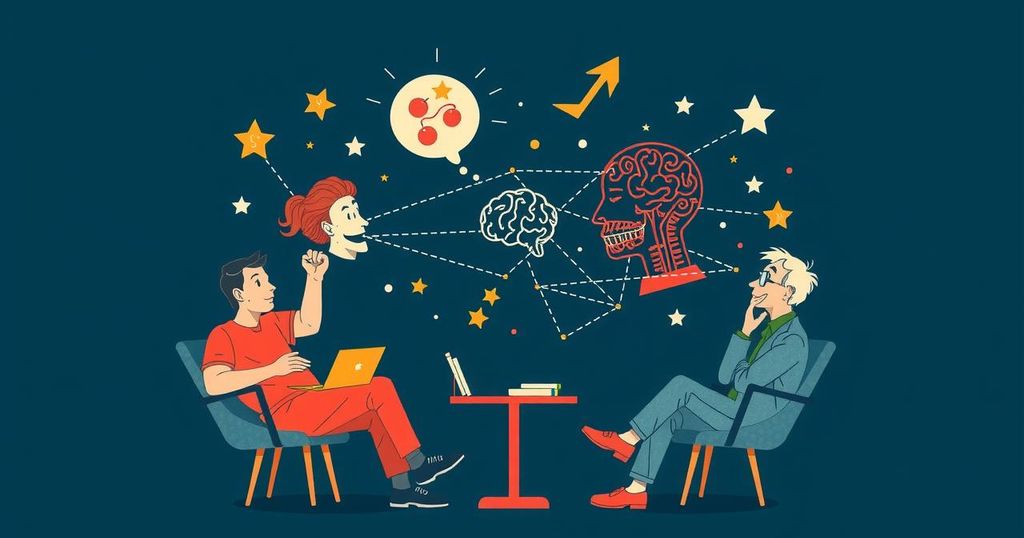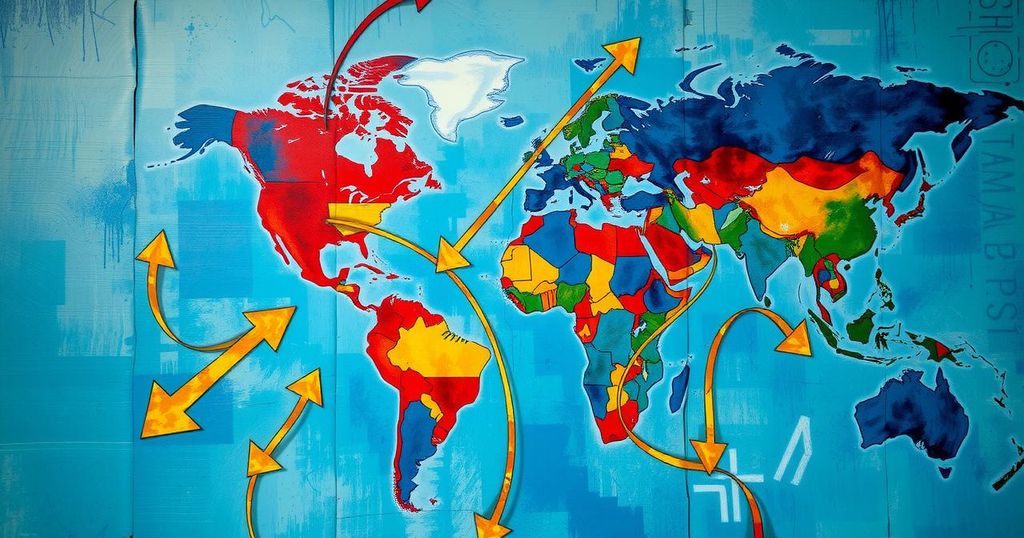Balancing Civic Engagement and Personal Well-Being: A Call to Free Your Mind
This article advocates for a balanced perspective toward political engagement, suggesting that individuals should allocate time and attention to personal experiences rather than becoming completely consumed by political discourse. The author draws on philosophical insights about the limitations of attention and the importance of maintaining a personal equilibrium, arguing that doing so does not signify apathy towards democracy but rather a necessary component of a healthy civic life.
In these tumultuous times, it may seem anathema to suggest that one should minimize their engagement with the strenuous narratives of political affairs. Disregarding the critical nature of these events could be interpreted as irresponsible detachment; however, I posit that cultivating a discerning approach to our attention could prove beneficial, and indeed necessary, for personal well-being and democratic vitality alike. I do not advocate for abstaining from voting, volunteering during elections, or engaging in political discourse. Nor do I endorse a perspective that dismisses the importance of current events as irrelevant to one’s life. Rather, drawing from my reflections in “Four Thousand Weeks” and “Meditations for Mortals,” I argue for the importance of allocating time and energy to aspects of life beyond the political realm. This does not represent an evasion of our civic duties but a crucial balancing act required to maintain both our mental health and the integrity of our democratic processes. Consider the poignant reflection of the distinguished philosopher Raymond Aron, who, while enjoying a sunny day in Paris with his family, encounters the troubled Simone Weil, distressed by distant events. When she expresses her sorrow regarding the strike in Shanghai, it serves as an example of how such emotional weight can hinder our ability to lead fulfilling lives. The reality is that our attention is a limited resource; thus, our ability to function optimally requires us to prioritize our focus. Making time for personal experiences, such as basking in the sun or sharing laughter with loved ones, can be essential to our equilibrium. In an age defined by an attention economy, where our engagement is often considered a commodity, it becomes clear that the relentless chatter of the news cycle can overshadow the more immediate and personal aspects of our lives. Despite the dire narratives that may compel us, it is crucial to recognize the potential dangers of immersing ourselves completely in such discourse. The irony lies in the fact that, in efforts to safeguard democracy, one may paradoxically allow themselves to be consumed by a political narrative, which has historically aligned with markers of totalitarianism.
The discourse surrounding the impact of media saturation and political engagement on individual well-being is increasingly relevant. As society grapples with complex political landscapes, individuals frequently find themselves overwhelmed by the barrage of news and information. This phenomenon raises critical questions about the implications of political obsession on personal and collective health, and the need for individuals to cultivate a balanced approach to their attention and emotional investment in global events. The insights presented stem from contemporary discussions in philosophy and psychology regarding human limitations and mental resilience.
In summary, while engaging in the political process is undeniably important, it is equally necessary to foster personal resilience by deliberately choosing where to direct our attention. The challenges we face as a society should not compel us to neglect our individual experiences and relationships, which are equally vital for a healthy democracy. By maintaining a well-rounded perspective, we can not only contribute to political discourse but also enrich our personal lives, thus reinforcing the foundations of a democratic society.
Original Source: www.nytimes.com




Post Comment